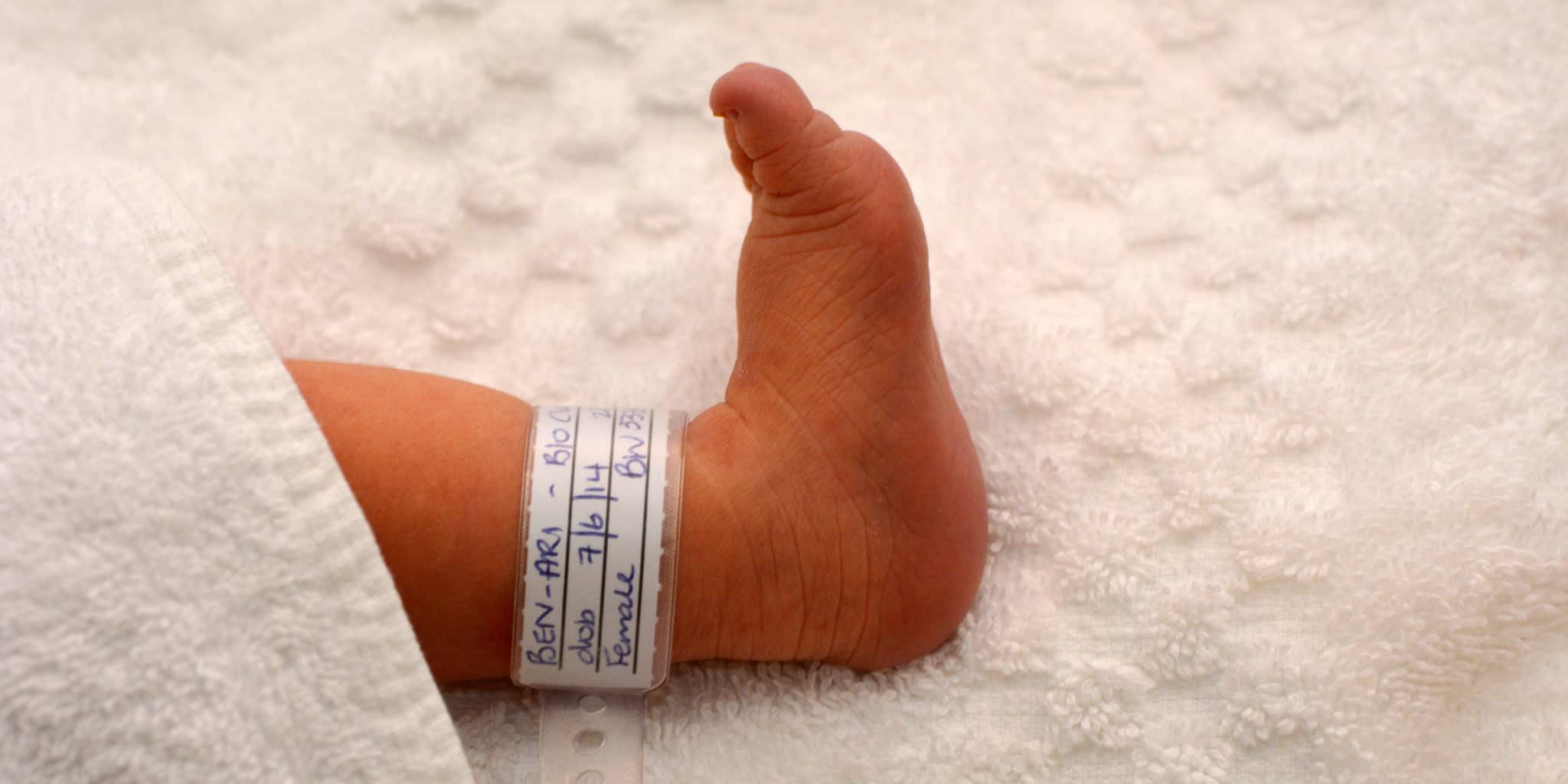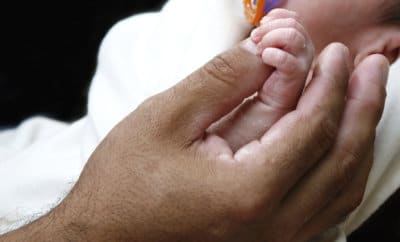Health
India Welcomed Most Number of Newborns on New Year’s Day

Representational image
Bigstock
Over 69,000 babies were born in India on Jan. 1, 2018, according to UNICEF.
India witnessed the maximum number of births on New Year’s Day, registering birth of 69,070 babies out of nearly 386,000 babies born worldwide, according to the United Nations Children’s Fund (UNICEF).
According to UNICEF, which worked with World Data Lab for the figures, over half the births on Jan. 1, 2018 took place in nine countries: India (69,070), China (44,760), Nigeria (20,210), Pakistan (14,910), Indonesia(13,370), the US (11,280), the Democratic Republic of the Congo (9,400), Ethiopia (9,020) and Bangladesh (8,370). More than 90 per cent of births took place in less developed regions, Xinhua news agency reported.
Many of these babies may not survive for more than a week. In 2016, for instance, 2,600 children died within the first 24 hours every day of the year and 2.6 million children died before completing first month. Among these deaths, 80 per cent occurred due to preventable factors such as premature birth, complications during delivery, and infections like sepsis and pneumonia.
“This New Year, UNICEF’s resolution is to help give every child more than an hour, more than a day, more than a month — more than survival,” Stefan Peterson, UNICEF’s Chief of Health, said in a statement. “We call on governments and partners to join the fight to save millions of children’s lives by providing proven, low-cost solutions.”
In the last two decades, the number of children across the world who died before their fifth birthday has halved to reach 5.6 million in 2016. However, newborns dying in their first month still make for 46 per cent of all deaths reported among children under five years old.
To tackle this, UNICEF is launching “Every Child Alive,” a global campaign to provide quality healthcare solutions for every mother and newborn. “We are now entering the era when all the world’s newborns should have the opportunity to see the 22nd century,” Peterson added. “Unfortunately, nearly half of the children born this year likely won’t. A child born in Sweden in January 2018 is most likely to live to 2100, while a child from Somalia would be unlikely to live beyond 2075.”




You must be logged in to post a comment Login